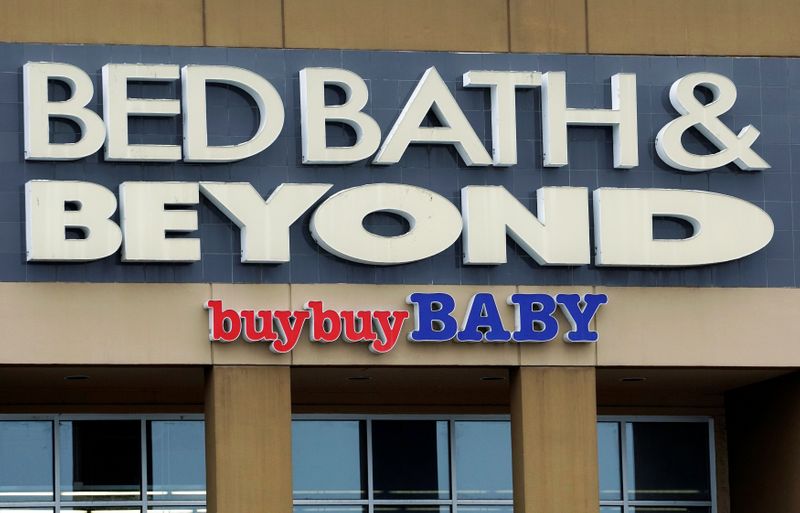By Tom Hals
WILMINGTON, Del (Reuters) - Bed Bath & Beyond Inc (O:BBBY) has asked a judge to hold 1-800-Flowers.Com Inc (O:FLWS) to a $252 million deal between the companies in what appears to one of the first examples of a corporate sale coming unraveled due to the coronavirus pandemic.
The internet retailer of flowers and gift baskets agreed in February to buy the Pmall.com business from home furnishings retailer Bed Bath & Beyond, with a closing date of March 30.
Bed Bath said in its complaint, filed in Delaware's Court of Chancery, that 1-800-Flowers told it on March 24 the COVID-19 outbreak, the disease caused by the coronavirus, denied the company the resources to close the deal and integrate the business. 1-800-Flowers said it was delaying closing to April 30, according to the filing.
"Even a calamitous event such as COVID-19 does not permit a party to avoid its obligations," the lawsuit said.
1-800-Flowers did not immediately respond to a request for comment.
Shares in Bed Bath were down about 6.8% in late trading at $3.53, while 1-800-Flowers stock was down about 3.5% at $12.20. Both trade on the Nasdaq, which was up about 0.6%.
The sale agreement contains a "material adverse effect" clause, or MAE, that permits 1-800-Flowers to terminate if there is an event that has a disproportionate impact on Pmall.com, as opposed to a broad-based impact across the economy. Bed Bath's court papers said 1-800-Flowers did not invoke the MAE.
Wall Street's dealmakers are closely watching the impact of the pandemic and unprecedented economic shutdown. Deal activity in the United States fell by half from a year ago in the first three months of 2020, to $252 billion.
Many pending deals were negotiated months before the pandemic intensified, raising doubts if buyers will make good on their agreements.
U.S. auto parts company BorgWarner Inc (N:BWA) threatened to walk away from a $951 million deal to buy Delphi Technologies (N:DLPH) on Tuesday after the automotive equipment supplier drew down on a credit line without its acquirer’s approval.
Despite the unprecedented impact of "stay home" orders that have shut businesses globally and contributed to a plunge in oil prices, corporate lawyers have questioned if buyers can get out of mergers.
Delaware judges have a history of holding buyers to deals, although in 2018 Germany's Fresenius SE (DE:FREG) was allowed to end its $4.75 billion takeover of Akorn Inc (O:AKRX), after the generic drugmaker suffered a dramatic decline in business.

